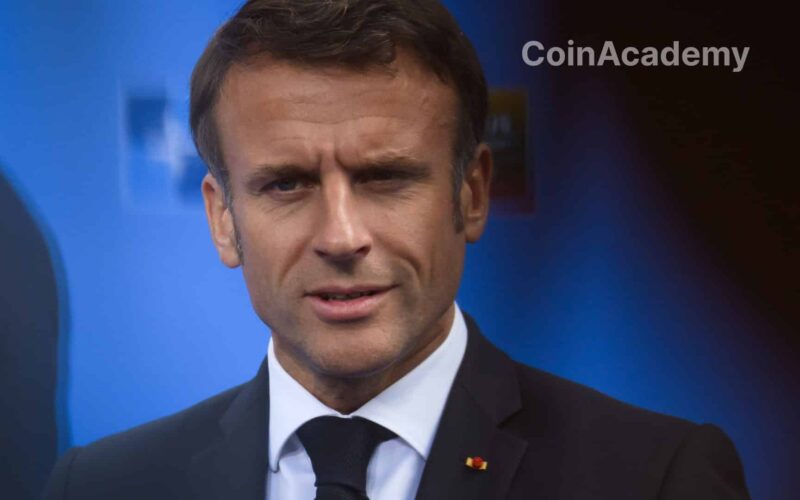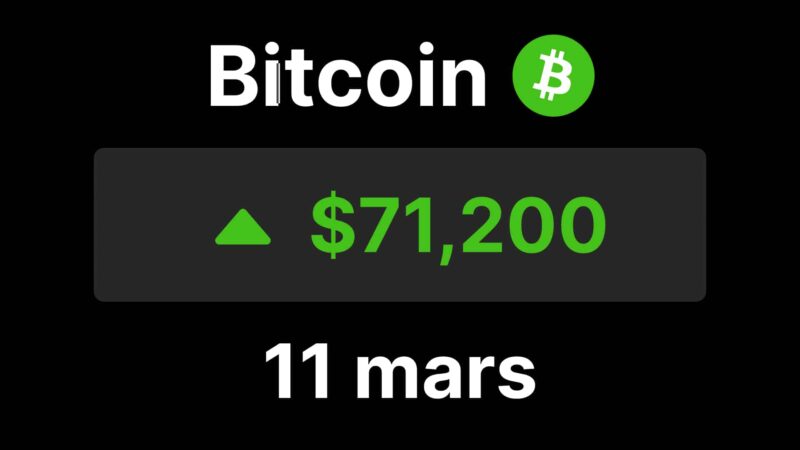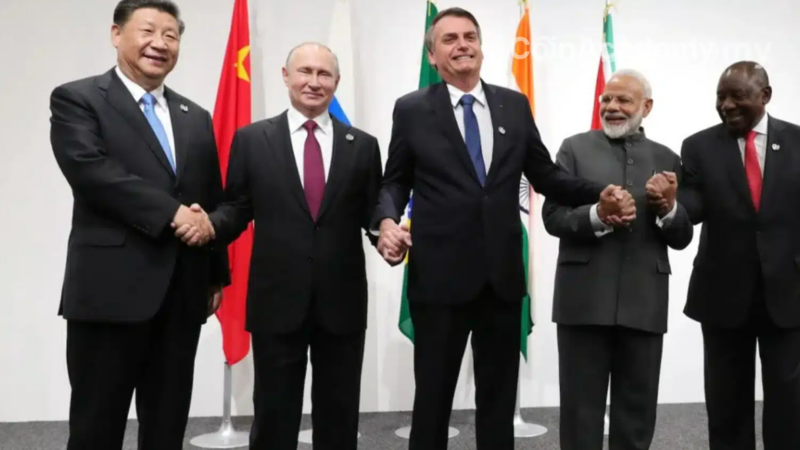Emmanuel Macron appoints Michel Barnier as Prime Minister to overcome political crisis
Emmanuel Macron has appointed Michel Barnier as Prime Minister to overcome the political crisis following early legislative elections, hoping to unite a fragmented assembly in the face of the budget challenges of 2025.
A strategic choice to resolve the political crisis
Barnier’s appointment comes at a crucial moment for Macron. The surprise election, held two months earlier, weakened the president’s centrist majority, creating a situation where neither the left nor the right could obtain an absolute majority in the National Assembly. Faced with the urgency of impending budget discussions for 2025 and pressures on France’s public finances, Macron had to react quickly to avoid prolonged deadlock.
Barnier, aged 73, embodies a respected figure both nationally and internationally. A longstanding member of the Republicans (LR) party, he has forged his career within the French right while holding strategic positions within European institutions, including as European Commissioner for Financial Services. This background gives him a reassuring profile for the markets and for Europe, an asset that Macron hopes to use to restore confidence in the French economy.
A nomination under the banner of political cohesion
Although Barnier comes from a rival party, Macron is taking a gamble on uniting divergent forces within parliament by appointing a respected conservative. Barnier’s task is to form a government capable of navigating a fragmented assembly while avoiding rolling back the pro-business reforms already implemented by Macron.
This nomination also symbolizes a stronger right-leaning orientation for Macron. Tensions are already palpable with left-wing parties, particularly France Insoumise, whose leader, Jean-Luc Mélenchon, criticized this decision as a betrayal of electoral results. In this context, Barnier will have to deal with a fragmented but combative opposition while seeking to avoid motions of censure that could weaken his government.
Moderate support from the National Rally
Barnier’s choice could paradoxically appeal to Marine Le Pen’s National Rally (RN). Although some RN members criticized him as a “vestige of the past,” Le Pen welcomed Barnier’s appointment as a sign of respect for all political forces, including her own. This cautious attitude from the RN could offer Barnier tacit support on certain measures, particularly those related to the management of public finances.
Barnier, during his attempted presidential candidacy in 2022, had taken a firm stance on immigration, an issue dear to the RN, by calling for a moratorium on arrivals from outside the EU. This positioning could facilitate some convergence on economic and social issues, although the alliance with the RN remains politically sensitive for Macron.
Reaffirming international stature
The choice of Barnier sends a clear signal about France’s desire to maintain its influence on the European stage. Ursula von der Leyen, President of the European Commission, quickly congratulated Barnier, highlighting his experience and commitment to European interests. With a Prime Minister who has successfully negotiated complex issues such as Brexit, Macron hopes not only to emerge from the internal crisis but also to strengthen France’s role as a leader within the European Union.
Challenges and opportunities for the new government
The task ahead for Barnier is not simple. He must not only form a government capable of governing in a parliament without a clear majority but also manage pressing economic issues. The 2025 budget, with public finances under pressure, will be a major initial test for this government. If Barnier can maintain a balance between different political forces, he may succeed where others have failed.
However, opposition within the National Assembly, whether from the left or the right, will remain vigilant. Every measure proposed by Barnier could be a reason for contestation, with a constant risk of coalitions forming against him. His political skill and diplomatic experience will be crucial in avoiding pitfalls and maintaining government stability.




